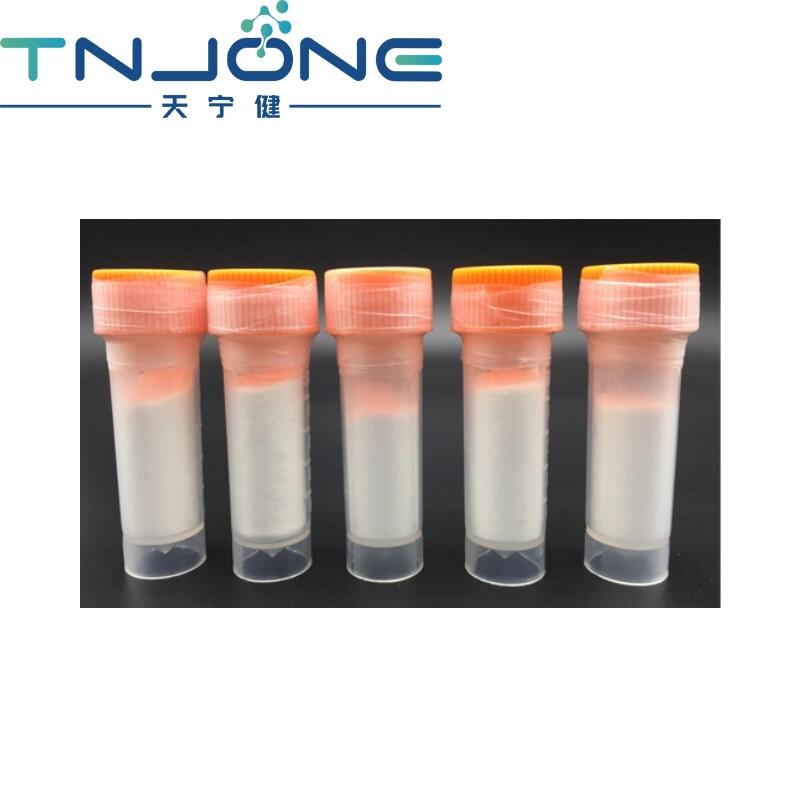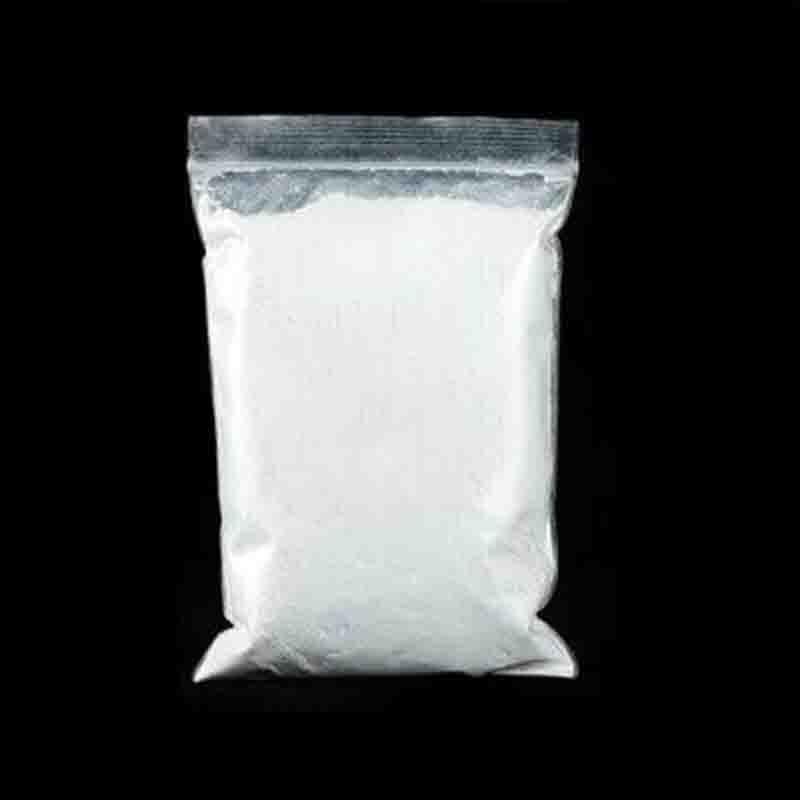-
Categories
-
Pharmaceutical Intermediates
-
Active Pharmaceutical Ingredients
-
Food Additives
- Industrial Coatings
- Agrochemicals
- Dyes and Pigments
- Surfactant
- Flavors and Fragrances
- Chemical Reagents
- Catalyst and Auxiliary
- Natural Products
- Inorganic Chemistry
-
Organic Chemistry
-
Biochemical Engineering
- Analytical Chemistry
-
Cosmetic Ingredient
- Water Treatment Chemical
-
Pharmaceutical Intermediates
Promotion
ECHEMI Mall
Wholesale
Weekly Price
Exhibition
News
-
Trade Service
Gabapentin is a medication that is primarily used to treat epilepsy, neuropathic pain, and hot flashes.
However, the use of gabapentin in the chemical industry is also gaining popularity.
In this article, we will explore some of the applications of gabapentin in the chemical industry.
- As a Catalyst in Polymerization Reactions
Gabapentin has been found to be an effective catalyst in polymerization reactions.
Polymerization is the process by which small molecules react to form long-chain molecules called polymers.
The use of gabapentin as a catalyst in this process can improve efficiency and reduce costs.
This is because gabapentin is a generally safe and inexpensive drug, making it an attractive option for industrial applications.
- In the Production of Paints and Coatings
Gabapentin has been found to have excellent anticorrosive properties, which makes it an ideal component in paint and coating formulations.
The use of gabapentin in paint and coating formulations can help to improve the durability and resistance of the finished product.
This can be particularly useful in industries where corrosion is a major concern, such as the oil and gas industry.
- In the Production of Pharmaceuticals
Gabapentin is an effective pain reliever and has been used to treat various medical conditions.
Its use in the production of pharmaceuticals can help to improve efficacy and safety.
For example, gabapentin can be used as an active pharmaceutical ingredient in topical pain relievers.
- In the Water Treatment Industry
Gabapentin has been found to be effective in the removal of heavy metals from water.
Heavy metals can be toxic to humans and the environment, making it important to remove them from drinking water.
Gabapentin can be used in water treatment processes to adsorb heavy metals and make the water safe for consumption.
- In the Textile Industry
Gabapentin has been found to have excellent antistatic properties, which can make it useful in the textile industry.
Antistatic agents are used to reduce the amount of static electricity that builds up on textile fibers.
This can help to improve the efficiency of textile production and reduce the risk of damage to the finished product.
- In the Production of Personal Care Products
Gabapentin can be used in the production of personal care products such as shampoos and conditioners.
The antistatic properties of gabapentin can help to improve the manageability of hair and make it easier to comb.
Additionally, gabapentin has been found to have wound-healing properties, which can be useful in the production of skin care products.
In conclusion, gabapentin has a wide range of applications in the chemical industry.
From catalyzing polymerization reactions to improving the efficacy of personal care products, gabapentin is a versatile compound that can help to improve efficiency and reduce costs in various industrial processes.







